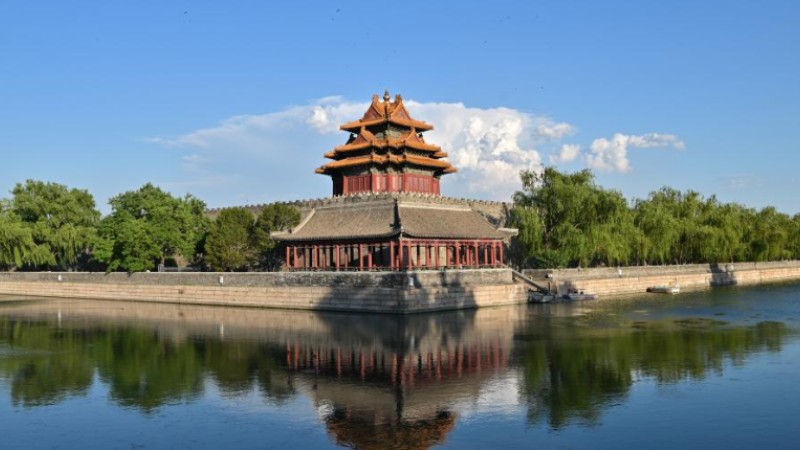Harvard study finds rich students overrepresented in U.S. elite private colleges
LOS ANGELES, July 25 (Xinhua) -- Students from wealthy families are overrepresented in the U.S. highly selective private colleges, a new study has found.
The study, published Monday by Opportunity Insights, a group of researchers and policy analysts at Harvard University, shows that students with parents in the top 1 percent income level are more than twice as likely to attend an elite private university than those from middle-class families with comparable SAT and ACT scores.
The study looked at 12 colleges from the "Ivy League Plus" group, including the eight Ivy League schools, and Stanford University, the Massachusetts Institute of Technology, Duke University, and the University of Chicago.
The researchers analyzed anonymous admissions data linked to income tax records from 1999 to 2015 and SAT and ACT test scores from 2001 to 2015. They defined the top 1 percent as having an annual income of over 611,000 U.S. dollars.
In contrast, children from high-income families have no admissions advantage at flagship public colleges, the study found.
According to the study, high-income admissions advantage at private colleges is mainly driven by three factors.
Firstly, there are explicit preferences for children of alumni, known as "legacy admissions." Secondly, non-academic credentials are higher among rich children who come from private high schools with affluent student bodies. Finally, rich children are more likely to practice expensive sports and benefit from athlete recruitment.
According to the study, attending elite private schools could increase students' chances of reaching the top 1 percent of income by 60 percent, compared to their counterparts in highly selective public institutions. That almost doubles their likelihood of attending an elite graduate school and triples their chances of getting employed at a prestigious firm.
The paper proves the heavy toll of admission biases in elite private colleges on the socioeconomic diversity among U.S. leaders. Although only less than 0.5 percent of U.S. students attended Ivy-Plus colleges, these 12 colleges accounted for more than 10 percent of Fortune 500 chief executives, a quarter of U.S. Senators, half of all Rhodes scholars, and three-fourths of Supreme Court justices appointed in the last half-century, said the researchers.
"This paper has shown that highly selective private colleges serve as gateways to the upper echelons of society in the United States. Because these colleges currently admit students from high-income families at substantially higher rates than students from lower-income families with comparable academic credentials, they perpetuate privilege across generations," said the study.
The U.S. Supreme Court recently overturned affirmative action, judging race-conscious programs in universities as unconstitutional. It has raised concerns among civil rights groups that the number of African-American and other minority group students would plummet. In addition, legacy admissions and other preferential policies for privileged students are still common practices.
Critics argue that such policies compromise the principle of transparency, contradict the objective of advancing social mobility, and even have no impact on increasing alumni donations.
The study recommended eliminating legacy preferences, evaluating non-academic characteristics in a better context, and recruiting athletes more uniformly across the parental income distribution. Such policy changes will compensate for the opportunities lost among minority students due to the ban on affirmative action.
Photos
Related Stories
Copyright © 2023 People's Daily Online. All Rights Reserved.









